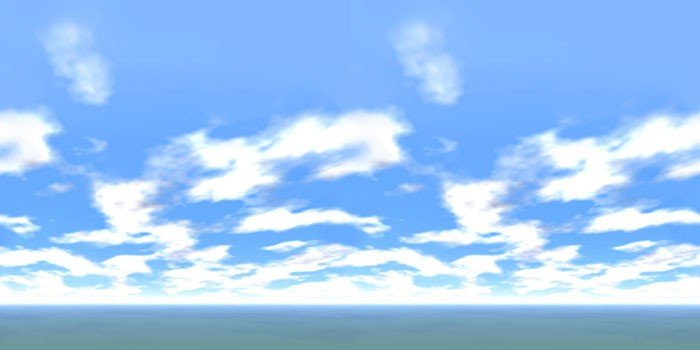In Japanese, there is the word sora (空) which can be literally translated as sky or empty, and there is also the word ten (天) which can be translated as sky, but what is the difference between the two? In this article, we will try to understand the differences and meanings of each of these words.
If you are an English student, you might think that the difference is the same as the word sky and heaven, where one is the literal sky and the other is the spiritual sky. But what about in Japanese? Is it the same? We can say yes and no.
Table of Content
What does SORA 空 mean?
The kanji sora or kuu (空) has various meanings besides sky, it can also mean empty, vacuum, air, etc. With this kanji, we form words like:
- 空気 - kouki - Air, atmosphere
- 空港 - kuukou - Aeroporto
- 空間 - kuukan - Space, airspace
- 空軍 - kuugun - Air Force, aviation
We noticed that the word sora takes more towards the side of space, of the void. The sky is a big empty space, and that makes a lot of sense.

What does TEN 天 mean?
The ten or ama (天) can be used to write various words related to the spiritual sky, paradise, or symbolic, see some examples below:
- 天国 - tengoku - This word literally means paradise, kingdom of heaven;
- 天使 - tenshi - It means angel.
But the kanji 天 is also used to write words like:
- 天皇 - tennou - Emperor
- 天気 - tenki - Time
- 天文 - tenmon - Astronomy
We can notice that the kanji 天 is used to refer to grand and sovereign things such as sky, weather, or emperor. It is even related to the ideogram dai 大 which means big.

What is the difference between 空 and 天?
So the differences between these 2 kanji are that sora (空) conveys the idea of space, emptiness while ten (天) conveys the idea of greatness, immensity, power, etc.
So it is not easy to state a significant difference between these two words. Not to mention that there are many other words using other ideograms with the same meanings of heavens, paradises, angels, etc. You will only know the right moment to use each word when you know the whole context or are more familiar with the language.
The Japanese language is a quite complex yet simple language at the same time; some things can really confuse our mind, but it has interesting and significant origins and differences.
